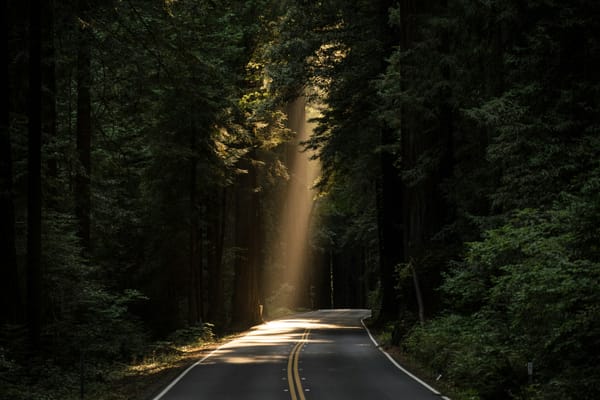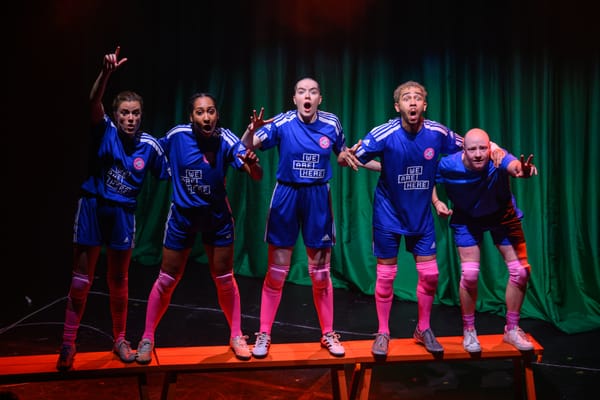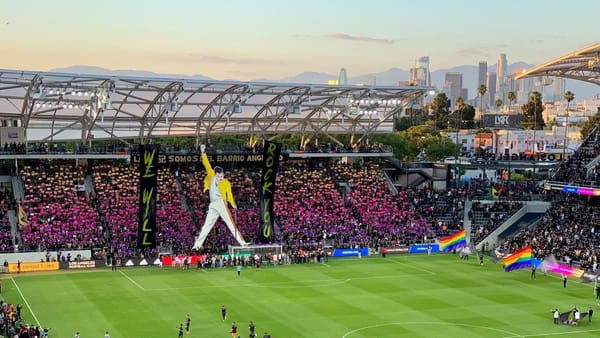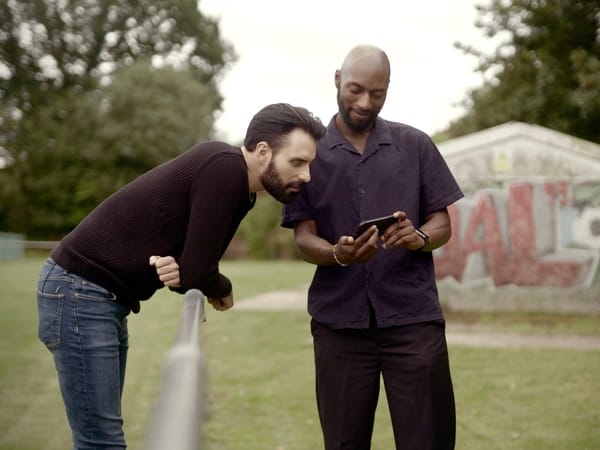Football Pride is a chance to start a movement to change football
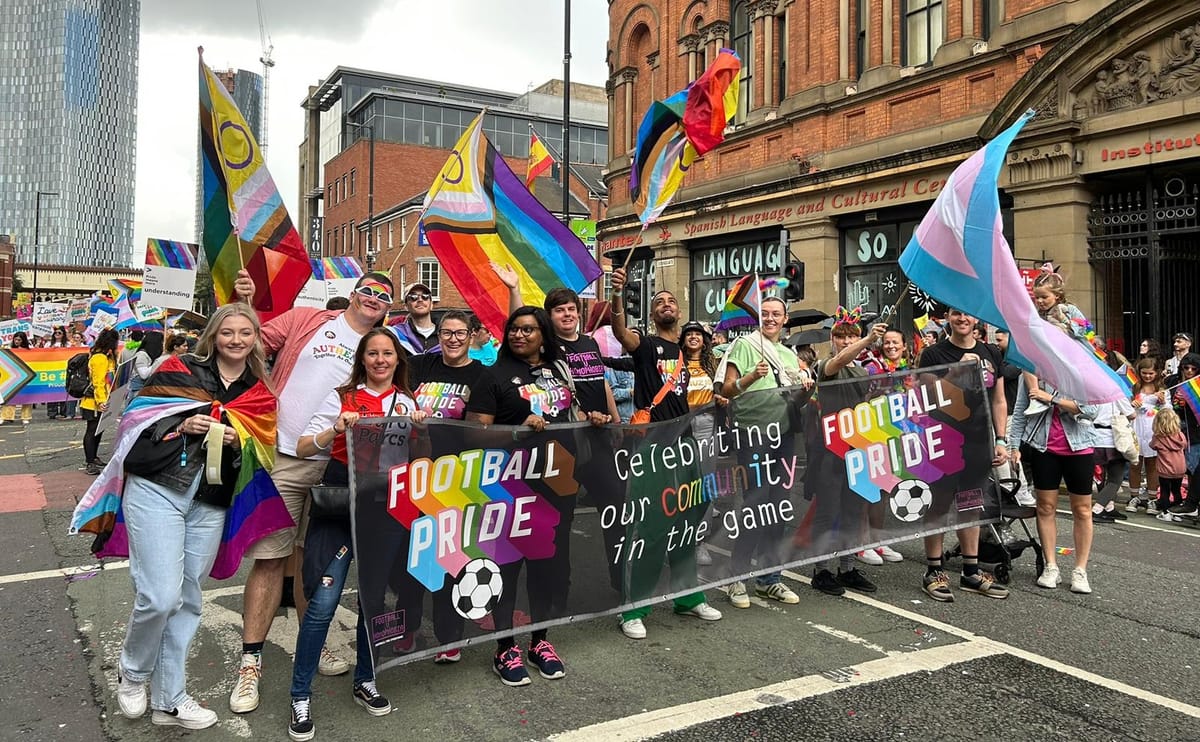
To change the world, you need a few things: you need a goal, you need to educate people, and you need a path to victory.
And above all, you need people.
People power is fundamental to making change happen. Look at any successful change movement from history – from the civil rights movement, to gay marriage, to #MeToo – and you will see a sea of people lending their voice and energy to a cause. Without people, all you have is a list of demands. Without people, your voice will be drowned out by the noise of apathy.
So to change football, to make football genuinely inclusive, we need people. We need a movement.
This week, I take a look at how we build it and why it's necessary.
Enjoy,
Adam
By Adam Haworth
In my day job, I spend a lot of time thinking about how to get people to take action that helps change the world. And yet, when I think about changing football to make it more inclusive for LGBTQ+ people, one thing is obvious to me.
There’s not enough people power.
There are plenty of amazing people working to change football for the better. But they cannot do it on their own. Their work is vital, but without people power, we can’t grow the movement we need. Change is happening, but the LGBTQ+ community in football is fragmented across different bodies and groups.
LGBTQ+ fan groups do good work, but – with some exceptions – their work is largely siloed. The organisation meant to bring them together, Pride in Football, is a mess, fraught with politics and infighting.
Football v Homophobia unifies clubs around “activations” like the yearly FvH Month of Action, but their role is largely – and necessarily – diplomatic and as such can lack the punch required to call out bullshit when they see it. It’s a fractured landscape.
So many of the remaining barriers to a truly LGBTQ+ inclusive game are big, societal barriers. These barriers exist in people’s minds: perceptions that football “isn’t for me”, or an expectation that a football fan should behave in a certain way.
I look at initiatives like Rainbow Laces and wonder why we can’t be more ambitious. Awareness is important, but action trumps awareness in movements for change. Without an imperative to act, things don’t change.
Imagine if we brought people together, shouted together, and developed a co-ordinated path together to achieve our goal. Imagine if we became a movement.
The good news is that I can see that movement forming. It isn't far away.
Last August, I went to Football Pride.
In a stuffy seminar room in Manchester, a mix of people from all over the country assembled in a room to celebrate LGBTQ+ identity in football. It felt strangely radical to have these two topics discussed at length by people like me.
People shared their experiences of being LGBTQ+ in football. People shared their work on changing football.
It felt like the start of something. Something not quite clearly formed, a vision not yet in focus, but something nonetheless.
And this year, Football Pride is back, taking place the day before Pride in London at Stamford Bridge. Could this be the start of the movement for change that we need?
I’m ready to be fired up about LGBTQ+ inclusion in football, to lend my voice to a cause. I’m ready to join a movement to change things.
If you are too, I’ll see you at Football Pride. We all have so much power, but only if we join together.

